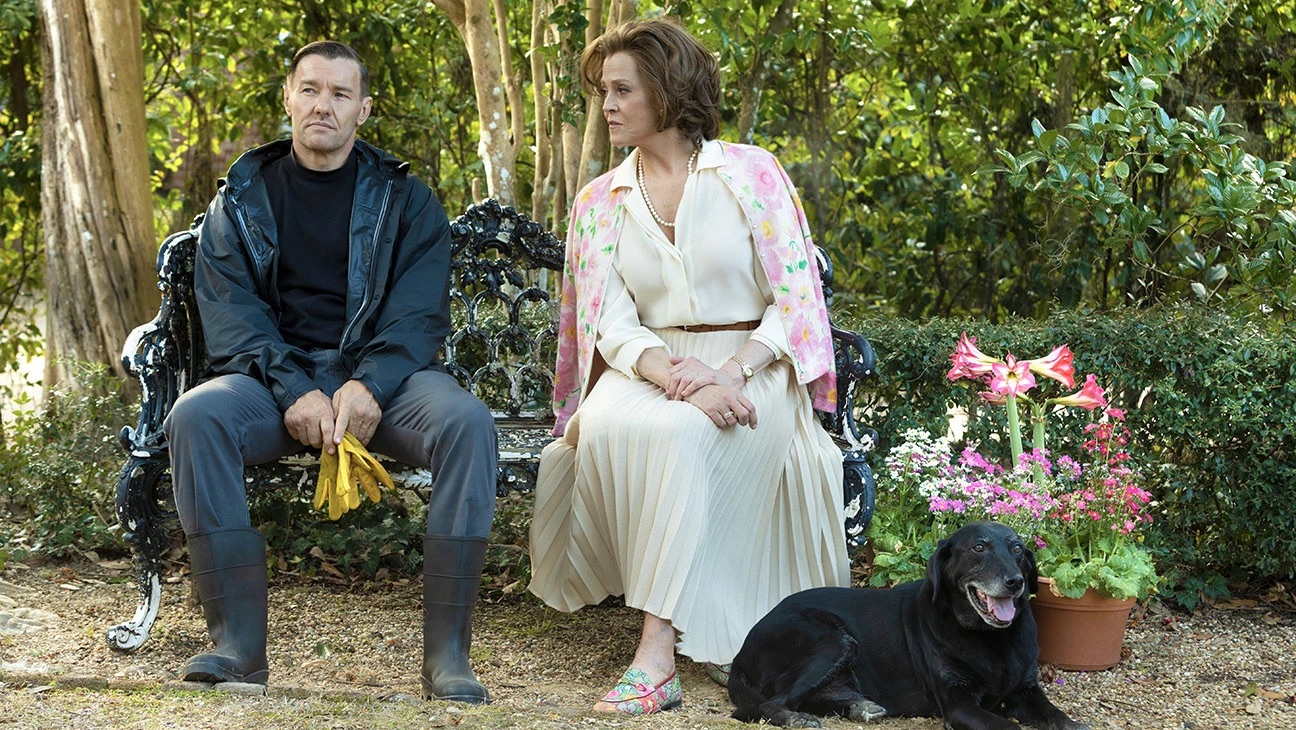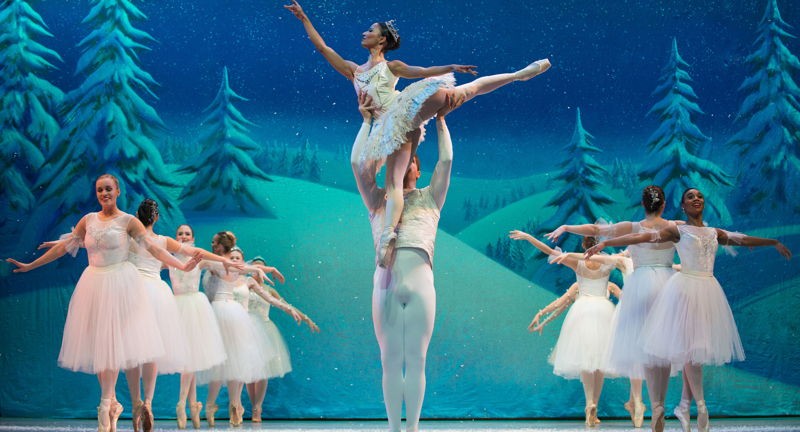Throughout his career, writer-director Paul Schrader has excelled at creating challenging, dark movies with jagged moral edges and explosive antiheroes. His newest film, Master Gardener, continues in this vein, and offers the kind of demanding, character-driven, literate film that rarely gets made.
The titular gardener is Narvel Roth (Joel Edgerton), chief groundskeeper of the palatial Gracewood Gardens, and lover (on the side) of the gardens’ owner, aging society matron Norma Haverhill (Sigourney Weaver). Roth carries a kind of mark of Cain: His upper torso is heavily tattooed with racist iconography—horrible mementoes of his earlier life as a murderous white supremacist. After testifying against his own racist crew for the FBI, losing his family, and changing his name, he has reinvented himself through gardening. But when Haverhill asks him to take on her troubled grand-niece, Maya (Quintessa Swindell), as an apprentice, his closely guarded existence starts cracking.
Like Roth, Schrader’s antiheroes are usually richly drawn, troubled, and intense. Master Gardener is among what Schrader calls his “man in a room” films: stories of human time bombs imposing something like order on their lives via diaries, like his Travis Bickle in Taxi Driver. There are countless echoes of Schrader’s earlier works here, including Rolling Thunder and Hardcore.
Master Gardener harkens back to a richer era in American cinema, when movies’ moral demarcations weren’t drawn as broadly and bluntly as public service announcements. Redemption is heavily overused to describe movie plots, but here, it satisfactorily applies. Never one to make things easy for his audience, Schrader presents a loathsome human being gradually redeeming himself.
But Roth is penitent, and Schrader makes a fascinating, challenging case for even the worst people’s ability to achieve humanity. Some of the most compelling moments are terse flashbacks to Roth’s violent life among neo-Nazis—haunting shots intensified by their juxtaposition with his serenity tending the plants. The garden is eloquently used throughout as a metaphor for human regenerative qualities.
Schrader’s knack for dialogue remains strong, especially the gorgeously written horticultural discussions, which won’t confuse laypeople. The script’s high point is arguably Haverhill’s monologue about a pathetically shining moment in her life that reveals her profoundly dull, spoiled shallowness.
Schrader shoots tightly, cleanly, and unpretentiously in ways that younger studio hacks could learn from. His direction is usually more marked by his skill with actors and dialogue and less by his visual sense, but there are exceptions, including a dream sequence in Master Gardener that delivers some of his most dazzling work since Cat People. The film’s reported budget—around $5 million—makes its many virtues even more impressive.
Weaver shines as the shallow, spoiled socialite, the kind of multidimensional role that more actresses over 70 deserve. As Roth’s FBI connection, Esai Morales is impeccably natural. Jared Bankens as a vile drug dealer may be 2023’s scuzziest movie villain.
Master Gardener is not a masterpiece. Certain plot points seemed forced, even during beautifully written scenes, but, overall, it’s an impressive piece of work by a venerable American cinematic talent. Most importantly, it’s a film with a thought-provoking, individualistic vision by a filmmaker who has something to say that’s worth listening to.
Master Gardener
R, 110 minutes






